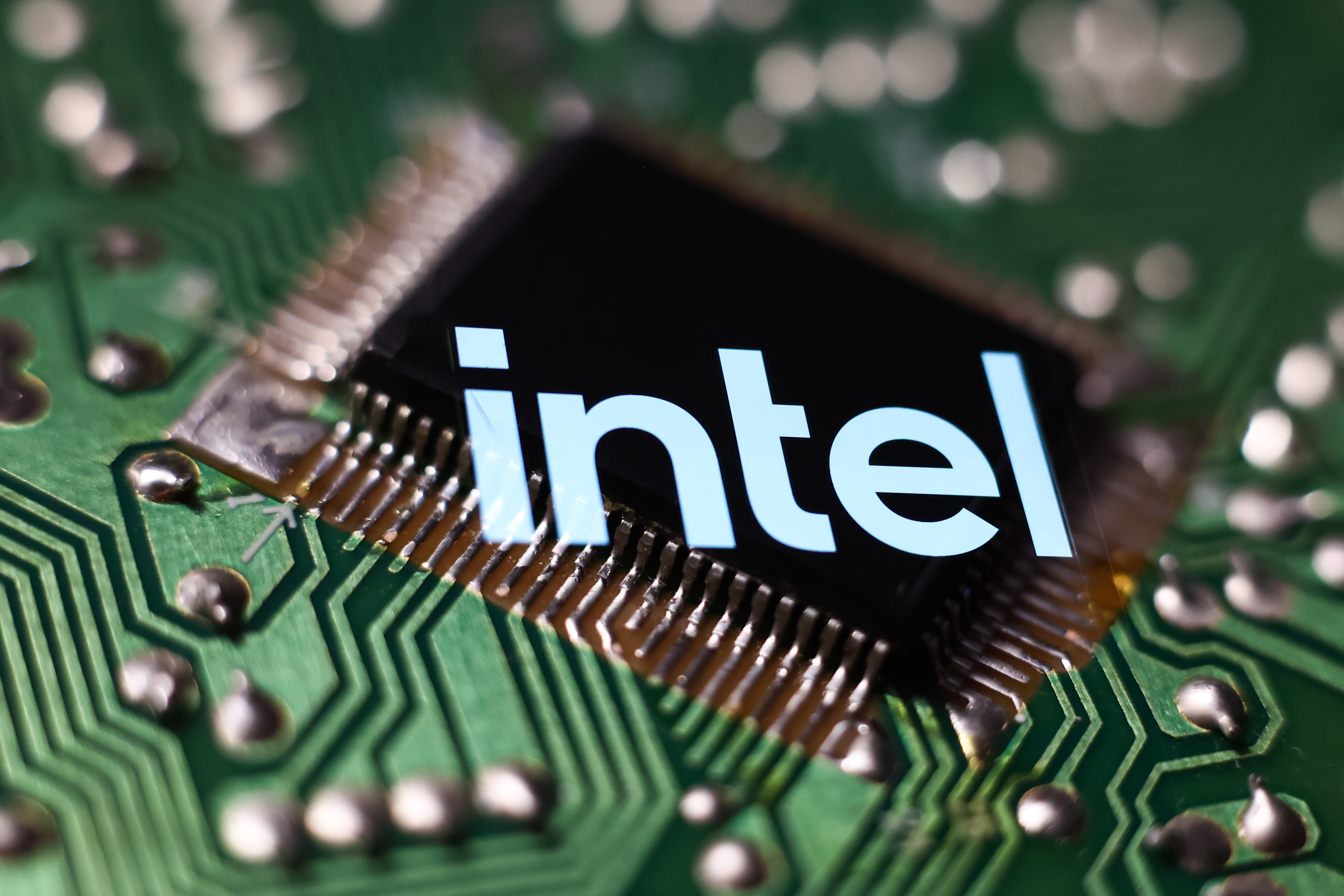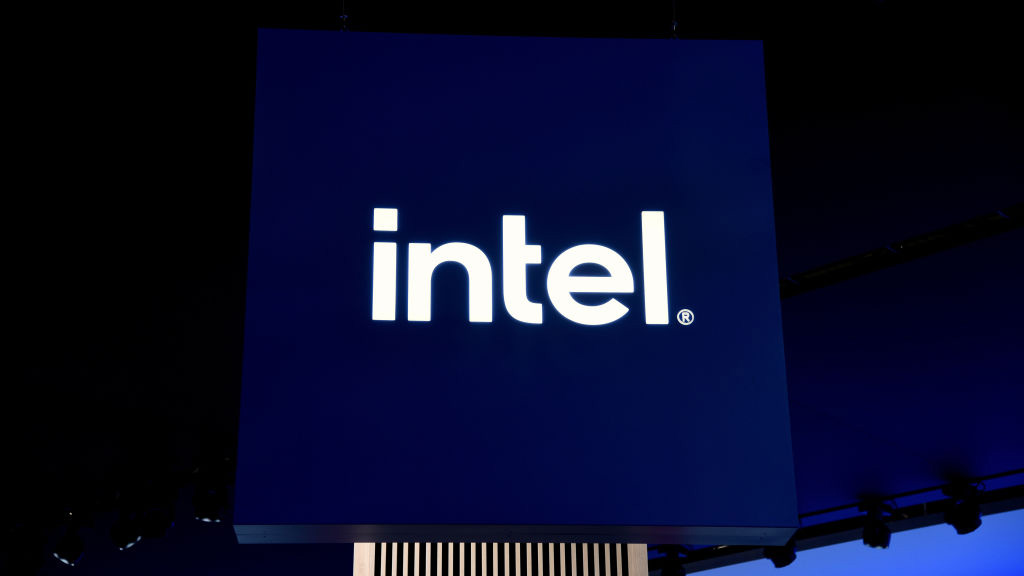Intel Atom chips looking to smarten up cars
BMW, Hyundai, and Infiniti all sign up to use the Intel In-Vehicle platform

Sign up today and you will receive a free copy of our Future Focus 2025 report - the leading guidance on AI, cybersecurity and other IT challenges as per 700+ senior executives
You are now subscribed
Your newsletter sign-up was successful
Intel looks to push into the connected car market with the launch of its latest end-to-end platform.
The Intel In-Vehicle platform is designed for car manufacturers and the chipmaker claims it provides the computing power needed to give vehicles autonomous control.
Intel provides a developer kit consisting of the Intel Atom E38 series processor, which is designed to meet automotive specifications. It runs the Tizen IVI operating system and incorporates a significant number of features from the open source Genivi platform.
The chipmaker claims its in-car kit will help car manufacturers reduce development time by up to 12 months and save up to 50 per cent because of the end-to-end integration.
Once packaged by car makers, user-facing systems will be able to provide drivers with a personalised in-car experience and make driving safer.
When drivers and passengers get into a car, the system will be able to authenticate them via a mobile device and tailor multimedia to them. The car will also know the destination of a journey and be able to re-route based on real-time circumstances, explained Doug Davis, EVP of Intel's Internet of Things group.
"We need to have the capability to inform the driver about things that are happening around him/her, to provide some assistance," Davis said during a briefing.
Sign up today and you will receive a free copy of our Future Focus 2025 report - the leading guidance on AI, cybersecurity and other IT challenges as per 700+ senior executives
"We know the majority of accidents are caused by drivers and as we can understand what happens we can reduce this."
BMW, Hyundai, Infiniti are all signed up to use Intel inside their cars and other manufacturers will be announced over the coming year.
Intel's eventual goal is to push the use of augmented reality, whereby bike lanes are highlighted to drivers via overlays, and sensors help to point out dangerous obstacles and minimise blind spots. Davis was also confident that Intel chips are ideal when it comes to dealing with the compute needs of self-driving cars.
-
 ITPro Best of Show NAB 2026 awards now open for entries
ITPro Best of Show NAB 2026 awards now open for entriesThe awards are a fantastic opportunity for companies to stand out at one of the industry's most attended shows
-
 Mistral CEO Arthur Mensch thinks 50% of SaaS solutions could be supplanted by AI
Mistral CEO Arthur Mensch thinks 50% of SaaS solutions could be supplanted by AINews Mensch’s comments come amidst rising concerns about the impact of AI on traditional software
-
 Gaining timely insights with AI inferencing at the edge
Gaining timely insights with AI inferencing at the edgeWhitepaper Business differentiation in an AI-everywhere era
-
 Scaling AI from pilot to production: Maximize AI impact with HPE & Intel
Scaling AI from pilot to production: Maximize AI impact with HPE & IntelWhitepaper Transform AI proof-of-concepts into full-scale implementations
-
 UK supercomputer boom as HPE and Dell receive funding for new AI cluster
UK supercomputer boom as HPE and Dell receive funding for new AI clusterNews The UK’s AI computing capabilities will increase by an order of magnitude in 2024
-
 AI gold rush continues as Hugging Face snags $235 million from IBM
AI gold rush continues as Hugging Face snags $235 million from IBMNews The investment round, which brings the company's valuation to $4.5 billion, also includes Amazon, Google, Intel, and Salesforce
-
 Why is ASUS reviving Intel’s NUC mini-PC line?
Why is ASUS reviving Intel’s NUC mini-PC line?News The diminutive PC is to rise again while analysts look for the business case
-
 Intel targets AI hardware dominance by 2025
Intel targets AI hardware dominance by 2025News The chip giant's diverse range of CPUs, GPUs, and AI accelerators complement its commitment to an open AI ecosystem
-
 Why aren’t factories as smart as they could be?
Why aren’t factories as smart as they could be?Whitepaper How edge computing accelerates the journey to a remarkable factory
-
 Who needs Intel vPro®, An Intel® Evo™ Design, anyway?
Who needs Intel vPro®, An Intel® Evo™ Design, anyway?Sponsored With flexible work on the up, the demand for high performance on-the-go business laptops has never been greater